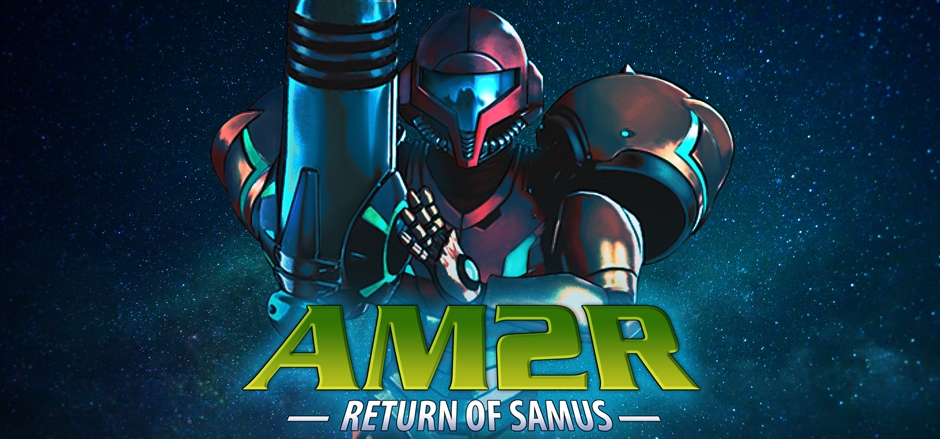
 By Zachary Landau | Staff Writer
By Zachary Landau | Staff Writer
Last week, The Video Game Awards released their nominations, and two games that caught people’s attention were Nintendo-based. These games, “Another Metroid 2 Remake (AM2R)” and “Pokémon Uranium,” were nominated for the Best Fan Creation category alongside “Brutal Doom 64” and “Enderal: The Shards of Order.” “AM2R” and “Pokémon Uranium” were immensely popular with fans of the franchises and received universal acclaim from the press. “Pokémon Uranium” itself garnered 1.5 million downloads in the week after its release, according to its development team.
Someone did not share this sentiment, however, and soon after the nomination list went up, the two projects were stricken from the ballot.
The immediate speculation was that Nintendo of America President Reggie Fils-Aime’s presence as a chair for the VGAs’ board may have strongly discouraged games that used his employer’s intellectual property without their permission from being nominated.
However, it was later revealed by the founder and host of the VGAs, Geoff Keighly, that the real reason why the games were removed was because of how games receive nominations.
During a Twitch stream this past week, Keighley explained that the VGAs “couldn’t obtain the clearance” for “AM2R” and “Pokémon Uranium” to appear on the show. This is because the show seeks permission from publishers to give awards to games. Since Nintendo has a strict policy against fan-made games and mods, there was no way it would permit them to appear in the show.
“Those games had been, I think, issued takedowns,” Keighley said in the same stream, “and if [The VGAs)]include those in the show, then the show is potentially at risk for takedown as well.”
Both games were, in fact, issued takedown notices from Nintendo.
This nomination process stands in contrast to the ones used for other major awards. To be nominated for the Oscars, for example, producers or distributors must submit forms in order to have their works considered for nomination. Then, the Academy chooses which submitted films should deserve nomination.
The VGA process, however, involves the press voting in both the nomination and winner rounds. Selected outlets, like Edge, IGN and USA Today, decide which games deserve to be voted for, and then the same outlets vote for the winners in each of the categories. (There is a separate panel created to vote for esports categories, though the overall process remains the same.)
If publishers control which games can appear at the show, however, then the nomination process is entirely pointless. What this means is that The Video Game Awards are, in essence, an extension of a company’s marketing. Instead of an independent organization assessing and granting awards based on what it believes to be an exceptional example of a medium, the Awards are an opportunity for video game publishers to push their games once more.




